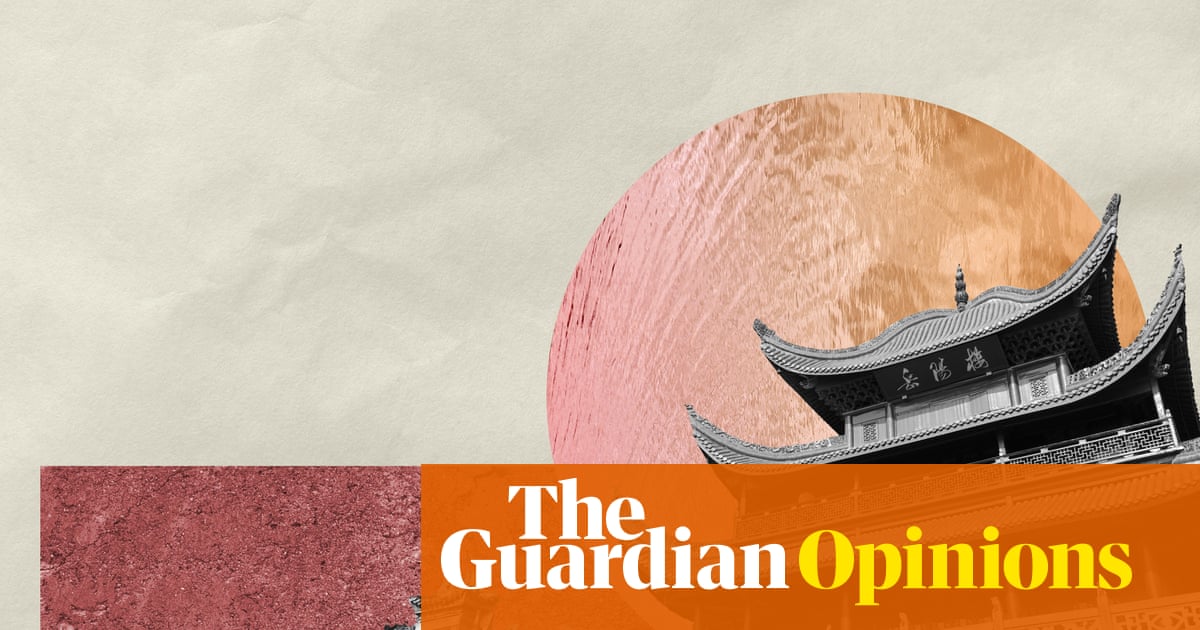
"The Zhuangzi champions the richness of life by showing that individuals traditionally seen as 'less than normal' hold immense value and potential."
"Daoism resists ableist perspectives, promoting a view that values human diversity over narrow definitions of normalcy or capability."
The Zhuangzi, an ancient Daoist text, challenges the societal perceptions of disability and normality by highlighting the inherent value of all individuals. Written by the philosopher Zhuangzi in the 4th century BCE, it critiques the privileging of certain societal standards over others. Through the metaphor of a 'useless' tree that grows magnificently because it's valued differently, the text prompts readers to reconsider entrenched societal values. It advocates for an appreciation of human diversity and capabilities, urging us to reject ableist perspectives and celebrate life in all its forms.
Read at www.theguardian.com
Unable to calculate read time
Collection
[
|
...
]